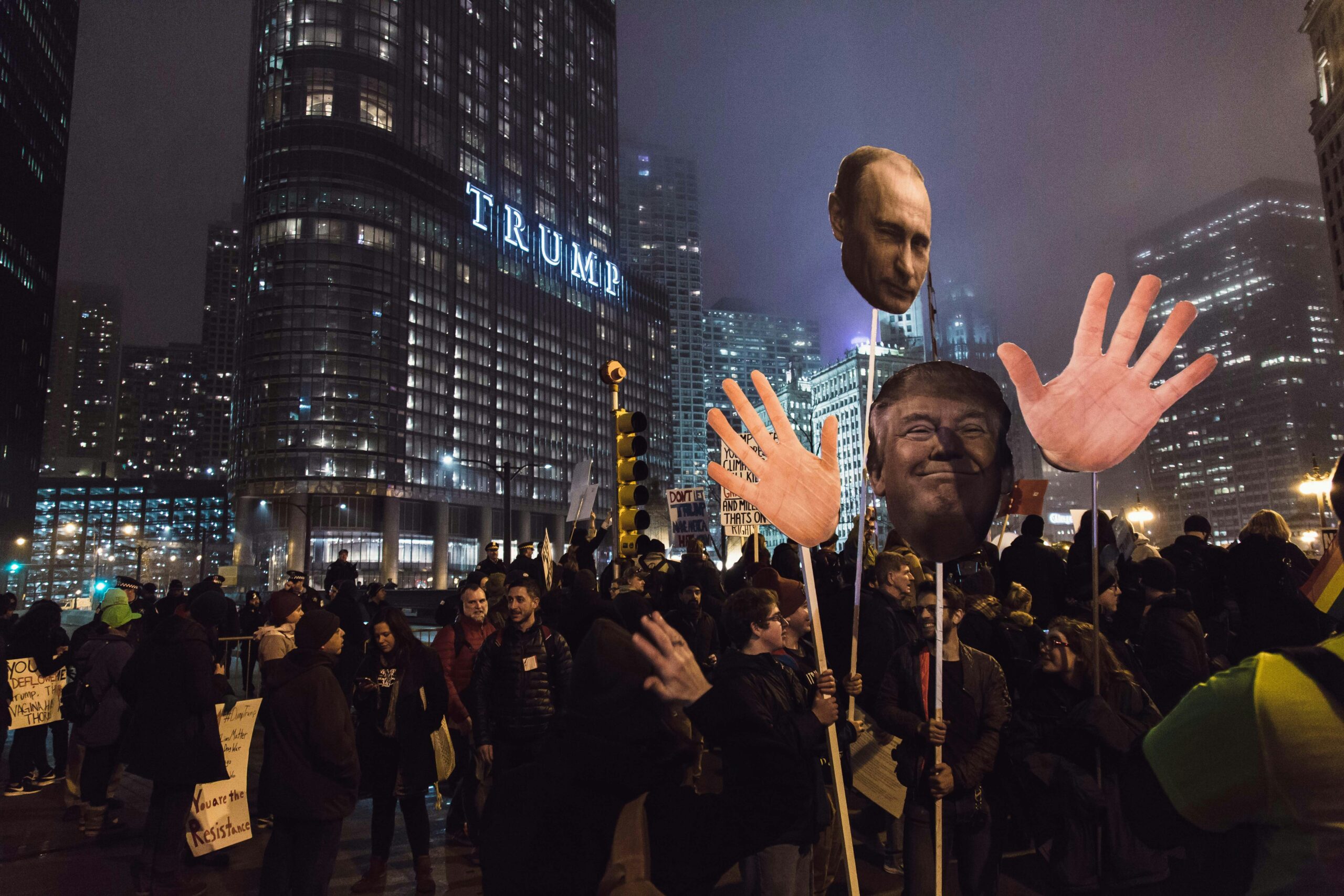
Main narratives:
- EU and the Baltic States are irrelevant;
- Russia is a strong great power;
- The US does not care about the Baltic States.
Overview:
Following the Trump-Putin telephone conversation, Kremlin-aligned Telegram channels were exalted and shared narratives about EU and Baltic weakness and Russian ascendancy. They claimed that the US would abandon the Baltic States attempting to stroke anxiety. They also made humiliating jokes about the Baltic states and the EU. Monitored channels repeatedly emphasized that neither Russia nor the US “are interested in the opinion of the EU,” portraying European and Baltic leaders as desperate and sidelined figures anxiously seeking similar high-level contact.
These channels strategically amplified selected articles from Western media coverage of the call that characterized the call as a “betrayal” of Baltic interests, which “may go down in history as a black day for Europe.” Coverage of some statements from the West contained commentary from the Telegram channels suggesting European irrelevance: “The telephone conversation between Putin and Trump shocked European and Baltic politicians so much that everyone howled with demands to call them too.”
The messaging combined mockery with threatening undertones, particularly when discussing the Baltic states. One notable post employed irony, claiming that Estonians are willing to give up their “adamantium,” “bescar” (both are fictional metals), and “diamond mines” in exchange for US protection. Another post made fun of Europe: “Europe itself has nothing to put on the negotiating table except a hurt ego… This is what resentment and stupidity look like.”
Some posts portrayed the Baltic States as irrationally aggressive “nazis”, who “desire… to commit suicide against Russia.” Such posts framed the Baltic States as the real aggressors because of their support to Ukraine and the EU for its “right to the genocide of Russians and the robbery of Russia.”
Throughout their coverage, these channels crafted a consistent narrative of Russia as an ascendant power engaging directly with the US, while portraying the Baltic states and broader EU as increasingly isolated and desperate. They painted a picture of European disarray and weakness, emphasizing supposed chaos in Western capitals following Trump’s statements. This messaging strategy served to reinforce the Kremlin’s preferred narrative of Russia as a dominant power broker while diminishing and delegitimizing Baltic and European concerns about regional security.









